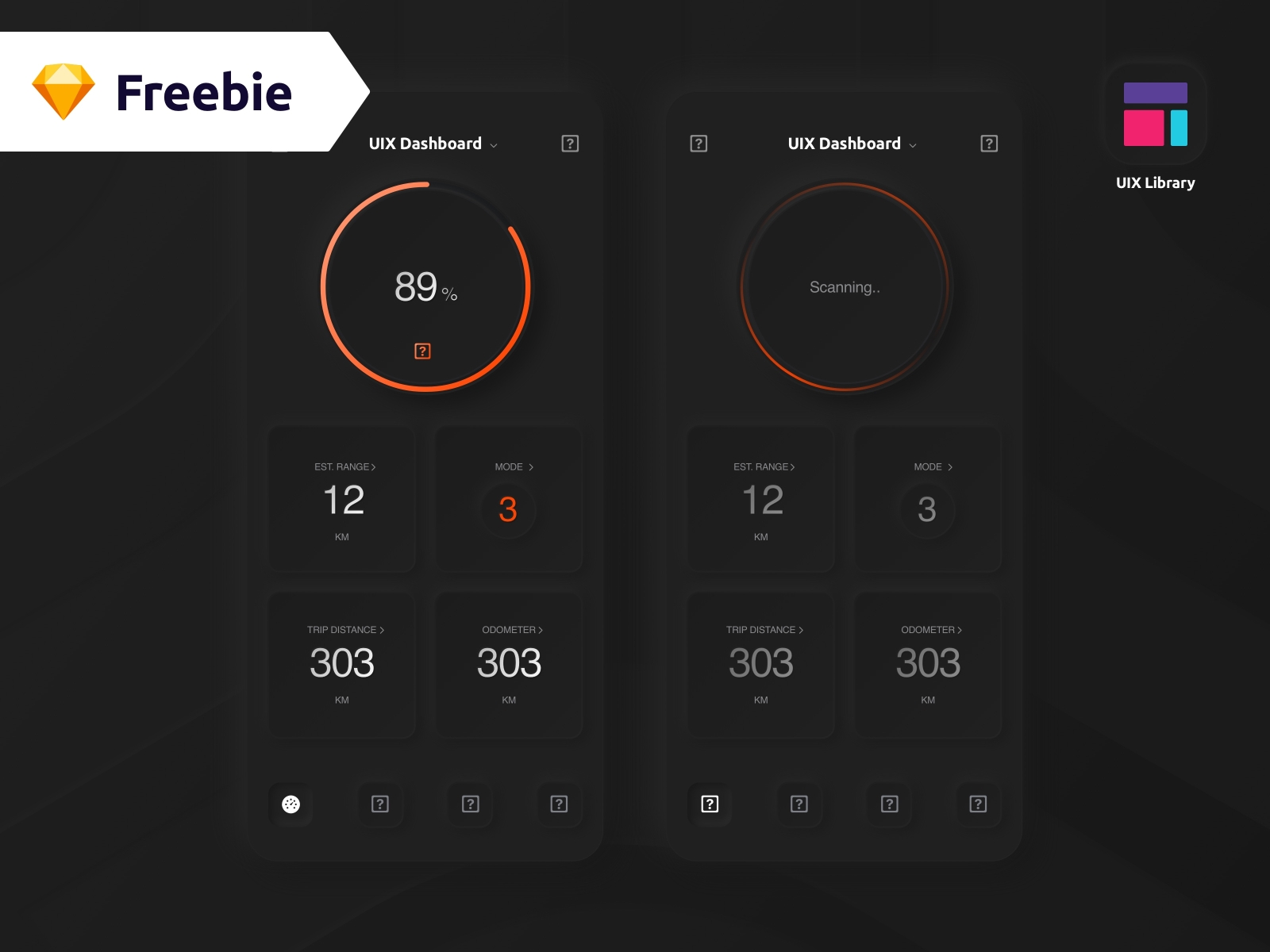

The Extension loads when you call the 'Rocket.Code login' command from the palette. It supports channels, groups and instant messages, as well as posting code snippets.
Improve the side view of the current room's conversation - code fences, images, etc. This Extension lets you post to Rocket.Chat from within Visual Studio Code. This allows you to set the ROCKET_* environment variables per directory, and gives you the best of both worlds. You can also use a utility such as direnv, which you can get here: You can also set your Rocket.Chat credentials using environment variables: This way, you can connect to your work server when on a work project, and a private server for a private project. You can connect to different Rocket.Chat servers for various projects, simply put the rocketCode settings in your workspace settings. Using Environment Variables and/or the workspace The solution comes down to copying your chaincode to the hyperledger fabric source code, resolving your dependencies, and running your tests there. rocketCode.loginOnStartup: Whether to connect to Rocket.Chat when VSCode starts. Trying my luck in the rocketchat of hyperledger, I was pointed to this youtube video, explaining how to handle building chaincode with different dependency types. rocketCode.channel: The default channel to post to (you can post to a different at any time). rocketCode.password: Your Rocket.Chat password. rocketCode.apiPath: The path of the Rocket.Chat API, currently api/v1 - you shouldn't need to change this. rverUrl: The URL of the Rocket.Chat server, e.g. This extension contributes the following settings: Key BindingsĬurrently, only Ctrl-Shift-Enter ( Cmd-Shift-Enter on Mac), which either sends the selection to the current room, or else asks you for a message to send. View the conversation in the current room in an editor pane (similar to Markdown preview). Post code snippet to the current room (if text is selected in the editor, it will be included in a code fence). Post a message to the current room (if nothing is selected in the current editor). switch between joined channels, groups and instant messages (aka rooms). The Extension loads when you call the "Rocket.Code login" command from the palette. 
It's always appreciated.This Extension lets you post to Rocket.Chat from within Visual Studio Code.


If you're a JavaScript or CSS wizard (I'm not), feel free to add features and styles or improve code quality. If you encounter any problems with this dark mode plugin, please open an issue - or better yet, fix it and open a pull request. You may need to clear your cache if using a web browser. Refresh your local Rocket.Chat instance (a server restart is not required).Copy the contents of dark-mode-toggle.js into Custom Scripts > Custom Script for Logged In Users.Copy the contents of dark-mode.css into Custom CSS.Go to the Administration panel > Layout.Be an administrator of your Rocket.Chat instance, or send these instructions to one and pester them to do it for you.If you want to "install" this dark mode, here's all you need to do: This toggle button lives in the toolbar at the top of the left-hand sidebar:ĭark-mode.css contains the styles which - y'know, make everything dark, like so: Overviewĭark-mode-toggle.js creates and adds a click handler for a dark mode toggle button. This repo was migrated for ease of collaboration from my gist which was a fork of chall8909's gist, to which this project is greatly indebted. An easy user-togglable dark mode for Rocket.Chat








 0 kommentar(er)
0 kommentar(er)
